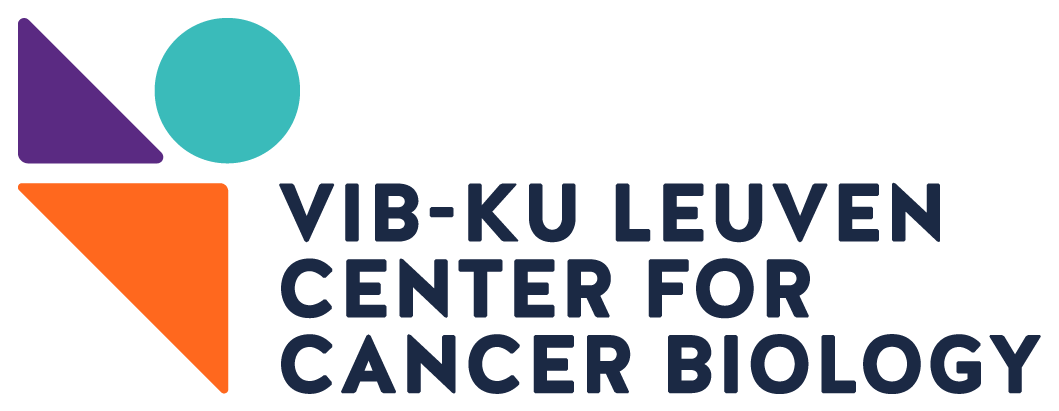Double gold for VIB and K.U.Leuven: Bart De Strooper and Peter Carmeliet awarded ERC grants totalling 5 million euro
VIB News 18/11/2010
VIB researchers Peter Carmeliet and Bart De Strooper have both been awarded Advanced Grants from the European Research Council. ERC Advanced Grants are the most prestigious European research grants, spanning a period of 5 years.
Peter Carmeliet of the VIB Vesalius Research Centre, K.U.Leuven, will receive approximately 2.5 million euro for research focused on stopping the energy supply into blood vessels. This is a fundamentally new strategy to combat cancer. Bart De Strooper of the VIB Department of Developmental and Molecular Genetics, K.U.Leuven, will receive 2.5 million euro to develop a new approach to researching the causes of Alzheimer’s disease, based on disrupting the expression of microRNA (miRNA). This research may lay the foundation for new techniques to diagnose this devastating disease. It is also intended to result in the identification of new targets for medication.
ERC Advanced Grants
The objective of the so-called Advanced Grants of the ERC (European Research Council, founded by the European Commission) is to provide support to researchers who have proved that they are among the best in the world. The grants are awarded through an open competition, based on the academic record of the researchers and the innovative qualities of their project proposals, and aim to support the creation of excellent, innovative research of independent research leaders to conduct pioneering frontier research. The ERC panel stated that both Peter Carmeliet and Bart De Strooper are among the “absolute world top” in their fields.
Research Peter Carmeliet
Blood vessels provide tumors with energy and nutrients, which the tumors use to fuel their growth. Tumors emit chemical signals to stimulate the growth of blood vessels. Current cancer therapies attempt to intercept these signals, and thus to block the development of new blood vessels. This approach has limitations, however, and often results in unwanted side effects. Consequently, an alternative to this approach is necessary. Peter Carmeliet intends to use his ERC grant to develop a new strategy. By acquiring better insight into the energy supply of blood vessels, he hopes to find ways to block the blood vessels’ metabolism. If this is successful, the blood vessels will no longer respond to the signals emitted by tumors, which will starve the tumor to death.
Research Bart De Strooper
Over the past few years, many new insights into the causes of genetically hereditary forms of Alzheimer’s Disease (AD) have been acquired. These rare forms, however, occur relatively infrequently. The molecular origins of the most common, non-hereditary forms of Alzheimer’s are still largely unknown. Bart De Strooper intends to use his ERC grant to research the significance of microRNA (miRNA) in the development of the disease. miRNAs are short pieces of nucleotides that influence the expression of messenger-RNA (mRNA) in various ways. Early studies have demonstrated that the formation of those miRNA’s is altered in AD patients. De Strooper wants to identify specific miRNA’s that regulate the expression of genes involved in AD, such as those responsible for Amyloid Precursor Protein (APP) or beta-secretase. This research may lay the foundation for new techniques to diagnose this devastating disease. It is also intended to result in the identification of novel drug targets
